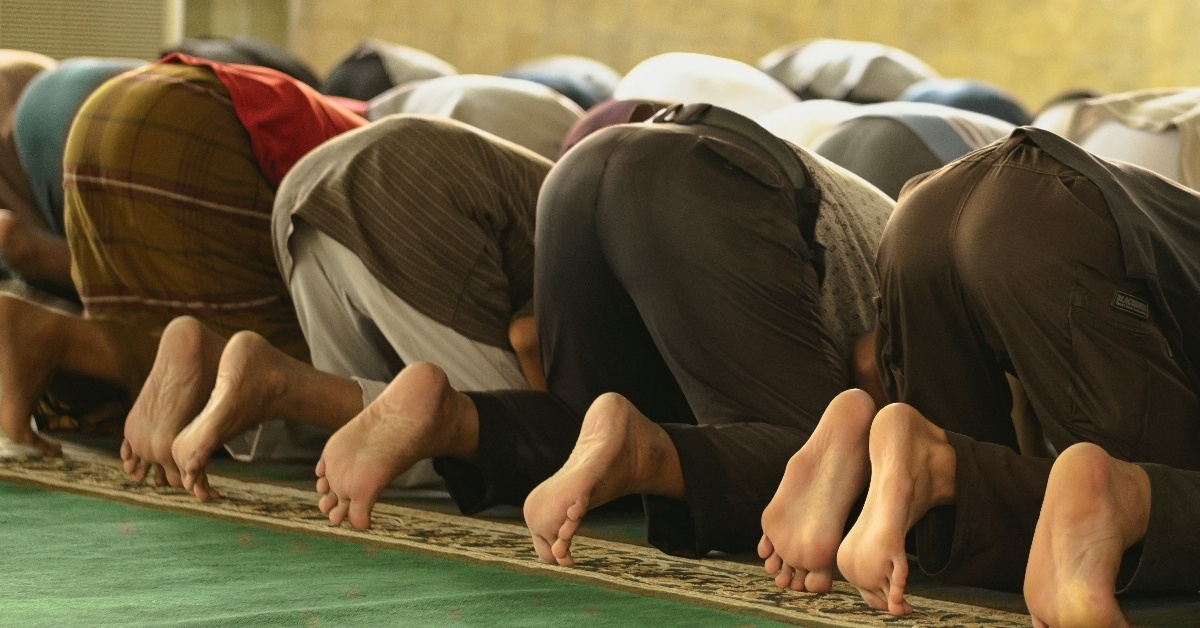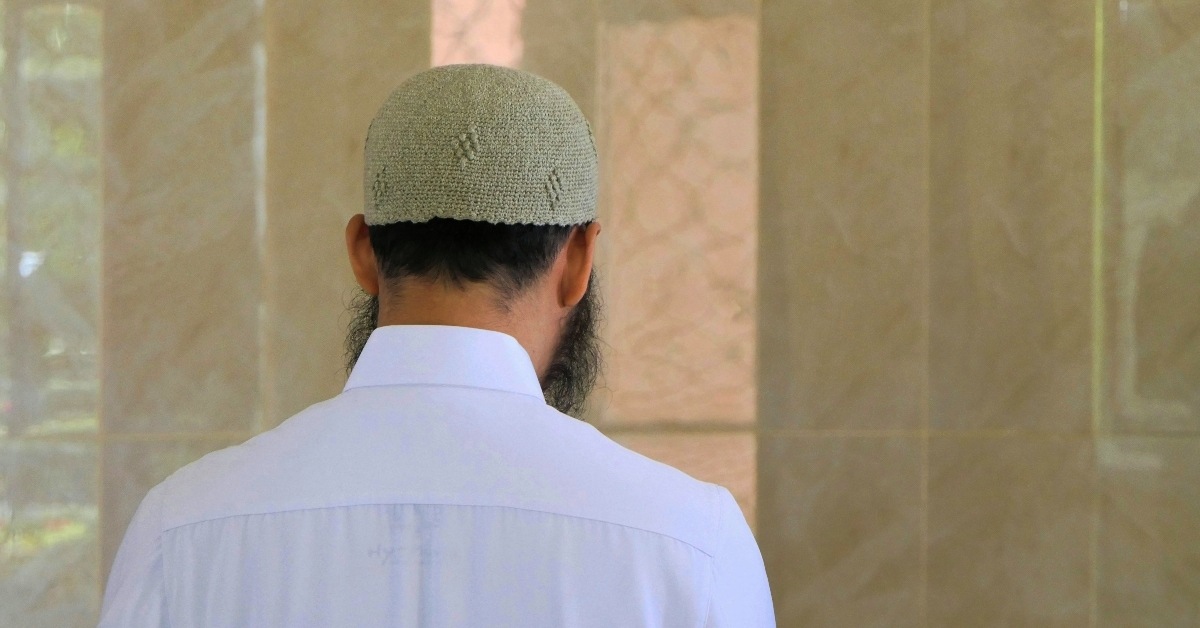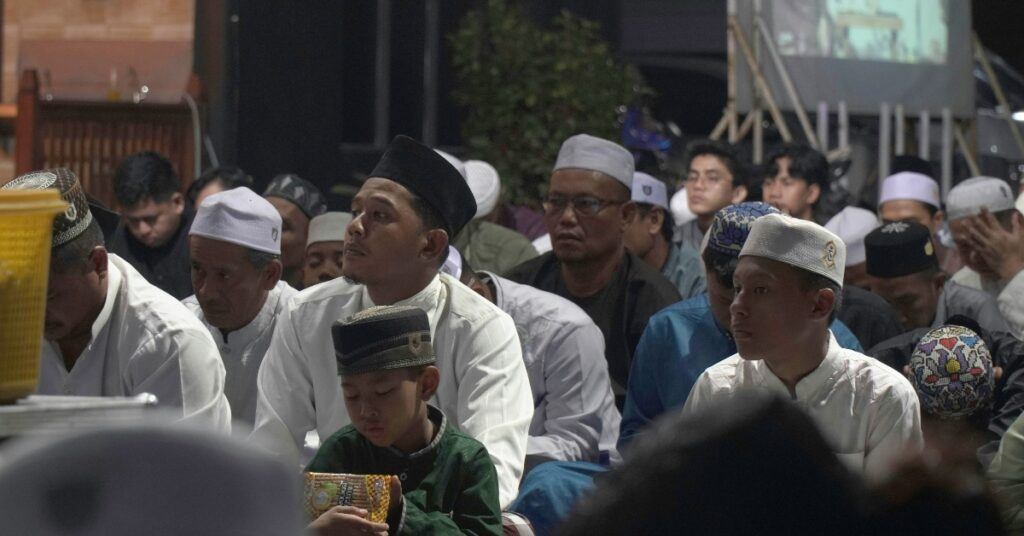What Sharia Law Really Means—and How It Impacts LGBTQIA+ Muslims
Sharia serves as Islam’s framework for living a moral life, and in some cases it dictates criminal code. Britannica defines the term as the “path leading to the watering place,” a metaphor for a way toward human and spiritual well-being. Sharia draws on the Qur’an and the Prophet’s teachings (Sunna), but the actual rules people [...] Read More... from What Sharia Law Really Means—and How It Impacts LGBTQIA+ Muslims The post What Sharia Law Really Means—and How It Impacts LGBTQIA+ Muslims appeared first on LBS.


Sharia serves as Islam’s framework for living a moral life, and in some cases it dictates criminal code. Britannica defines the term as the “path leading to the watering place,” a metaphor for a way toward human and spiritual well-being. Sharia draws on the Qur’an and the Prophet’s teachings (Sunna), but the actual rules people follow come from fiqh — human interpretations by jurists that shift across time and place.
Egypt’s Dar Al-Ifta explains that sharia’s aims to focus on protecting core human goods — life, religion, intellect, family or lineage, and property. Many modern scholars expand those aims to include dignity, freedom, and social welfare. In practice, countries merge sharia-based principles with local customs and state laws, according to the Council on Foreign Relations. About half of Muslim-majority countries apply sharia in some part of their legal system, often family law, though the scope and enforcement vary widely.
Here’s how sharia law affects LGBTQIA+ people living in countries where it shapes social and criminal norms.
How LGBTQIA+ Lives and Relationships Are Treated in Law?

Traditional Islamic legal texts generally view same-sex intimacy as sinful, and some modern legal codes rooted in sharia criminalize it. Dozens of jurisdictions outlaw consensual same-sex acts. In several, courts have imposed the death penalty; in others, it remains legally possible, even if not enforced, according to Human Dignity Trust.
Recent developments show how quickly these laws can change. Iraq passed legislation in April 2024 that punishes same-sex relationships with prison terms of up to 15 years, Reuters reported. In Afghanistan, the Taliban reinstated public floggings and corporal punishments under their strict interpretation of sharia beginning in 2021. Brunei announced a moratorium on executions by stoning for same-sex acts after international backlash, though its 2019 penal code still contains the provision, according to TIME.
Where criminal bans exist, LGBTQIA+ Muslims face severe risks — police harassment, mob violence, and pressure from families and communities. Rights groups have documented public floggings and morality trials under Taliban rule in Afghanistan. In parts of northern Nigeria, Sharia-court prosecutions have sparked fear among LGBTQIA+ people and reinforced deep stigma.
Sharia Law Sometimes Guides Ethics Rather Than Criminal Codes

Many Muslim-majority countries do not criminalize same-sex relationships, and there is no single “Islamic” stance on sexuality. Laws often reflect politics, constitutions, and court systems as much as religion itself. Many queer Muslims live and worship in communities where sharia informs personal ethics instead of state law. These believers balance faith and identity through inclusive interpretations of Islam. Muslim organizations that affirm LGBTQIA+ equality emphasize that faith and queerness can coexist without contradiction.
“We affirm our commitment to ending discrimination based on sexual orientation and gender identity and we support full equality and inclusion of all individuals, regardless of sexual orientation or gender identity, in society and in the Muslim community,” Muslims for Progressive Values states.
The Council on Foreign Relations notes that application of sharia is “influenced by local customs” and evolves over time. Ultimately, for LGBTQIA+ people, the legal risk depends on where they live and which interpretations lawmakers choose.
Do you believe countries can uphold Islamic principles while protecting LGBTQIA+ rights? Comment below!
The post What Sharia Law Really Means—and How It Impacts LGBTQIA+ Muslims appeared first on LBS.
Share
What's Your Reaction?
 Like
0
Like
0
 Dislike
0
Dislike
0
 Love
0
Love
0
 Funny
0
Funny
0
 Angry
0
Angry
0
 Sad
0
Sad
0
 Wow
0
Wow
0


![Exclusive: Wendy Puts Stacey in the Hot Seat for Lying About Going to Jassi’s Wedding in ‘Real Housewives of Potomac’ Sneak Peek [Video]](https://www.lovebscott.com/wp-content/uploads/2026/01/Wendy-Stacey-RHOP-1024x578.png)














